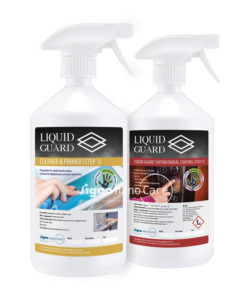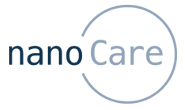As the majority of legal lockdown restrictions lift throughout England, a collective sigh of relief is breathed by many. However, as has pervaded all national guidance during this pandemic, there is a BUT…. There are still people and families who have grave concerns about their own or family’s safety, and the fact that the laws governing social distancing and face coverings have been lifted fills them with fear.
This change leaves a polarisation in public opinion. There are those who fear that many people could act with reckless abandonment with nearly all lockdown restrictions lifted, as they are keen to get back to a pre-covid life. Their concerns centre around the ease with which the Delta variant spreads and the Government’s expectation that during August there could be 1000 people being admitted to hospital and 100 deaths a day.
On the flip side of the coin are those who feel it’s time to get on with life, given the many areas of compromise over the last 18 months. Many have seen detrimental effects on mental health, social skills and relationships – feeling that the time has come to learn to live with it. This opinion is supported by the largest vaccination programme ever seen in the UK.
While many of the lockdown restrictions have been removed , individual business owners can still insist on masks and implement social distancing if they choose to, and no doubt some will- leaving it up to the paying public to choose where they feel safe to shop, eat and spend their leisure time.
This said, one of the main sources of viral transfer is through contact with infected surfaces, and without face masks, transfer in this way will increase. Effectively, it’s just become easier for us to touch our faces again and soon no doubt in the same way we will switch off from intense hand cleansing at every given point, with sanitizing stations blending into the background . These changes, coupled with the fact that the droplets we breathe, sneeze and cough outwards are no longer contained in a mask but atomised and fall onto surrounding surfaces , can only increase the transmission as the SARS CoV-2 virus and its variants as they linger and spread
With these facts it’s easy to see how viral transfer is increased through high-touch surfaces, however, during this transitional period there are new technologies that employers, retail outlets, entertainment and leisure venues can use to ensure that the precautions they take are unobtrusive and ubiquitous but constantly effective..
The antimicrobial nano-coating Liquid Guard® has been laboratory tested and certified to kill SARS Cov 2 along with other enveloped viruses as well as many commonly found bacterial infections on contact with surfaces. The glass-like coating can be applied to all non-absorbent surfaces and textiles It’s invisible, abrasion resistant and is proven to remain active for up to 12 months.

Anti-microbial 1l Liquid Guard Coating System bottles
Over the course of the pandemic, Liquid Guard™ has benefited many high profile organisations including G4S, Burnley Football Club, the ICA , schools and many other venues, all of whom carried out their own product evaluation and field test before use. As life starts to return to normal, and people make their own decisions about personal protection , companies that rely on a fully staffed office, or welcome the public to their premises, may wish to implement their own measures to reduce the number of isolation ‘pings’.









